It's the same thing all consumers do each time they pay a bill. Think of your cell phone bill, and the cost of your cell phone. You do not need a $500 smart phone, or a huge data plan just so you can stream Pandora, check Facebook, and tweet the results of your kids basketball game. And yet you do it, and think "Oh I hate AT&T" every time you write the check.
Technology brings convenience, and as consumers we are willing to pay for the convenience, but it's usually with a chip on our shoulder and a grumble as we write the check. Using Genetically Modified seed and paying a tech fee is similar, but it does offer farmers more than just convenience. It can mean fewer passes over the field, less chemicals, ability to use no-till, and many other benefits. At the end of the growing season, we realize the value in the paying the technology fee, instead of the cost.
As much as I hate paying a tech fee, I will gladly pay more tech fees if they become available. I have a long list of genetic modifications I would like to see in other seeds, but the technology isn't available just yet. We struggle with diseases in wheat, and if we could find some seed resistance to those diseases, I would gladly pay for that technology.
An environmental group is petitioning to stop spraying potato pesticides in Minnesota, so just imagine what a resistance gene could do for the farmers and environmentalists! Both sides could be winners. (Potatoes are disease and bug magnets, as you may know if you have a garden). Read both these links and see if we have a potential solution to the problem.
http://www.bbc.co.uk/news/science-environment-26189722
http://www.grandforksherald.com/content/toxic-taters-coalition-seeks-changes-potato-producers
Just like everyone, I'll keep grumbling as I pay my cell phone bill, and don't even get me started on DirectTV, where half the stations are infomercials. We pay for technology, and we complain about it, but once you separate the value from the cost, it makes the check a little easier to write. Perhaps I shouldn't say that farmers hate Monsanto, but that they have a love/hate relationship with Monsanto. We love the technology, but grumble when we pay for it. We're only human.
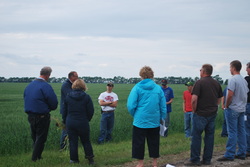
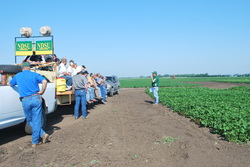
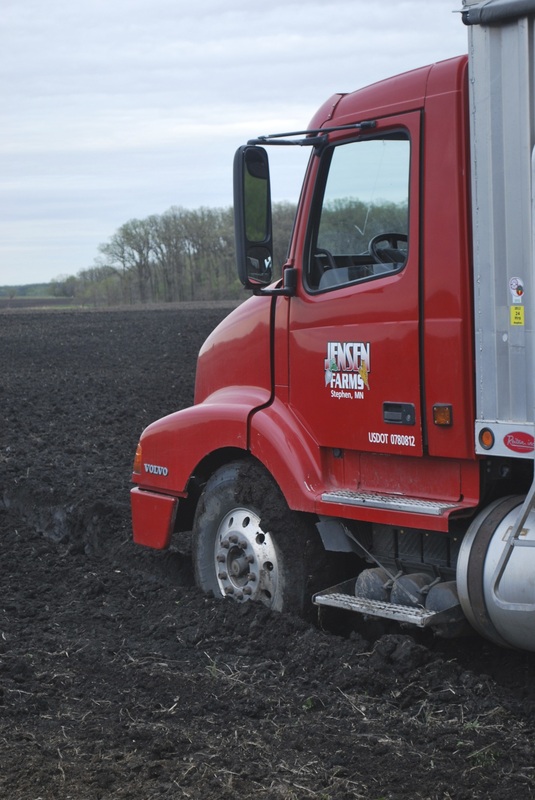
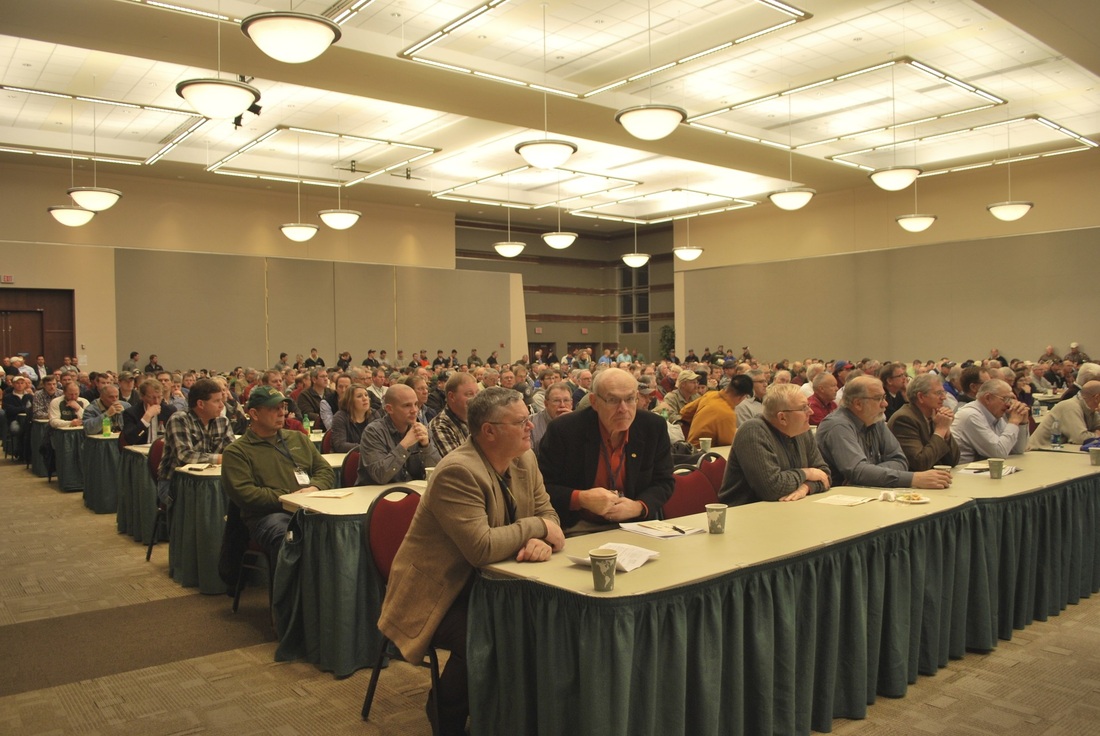
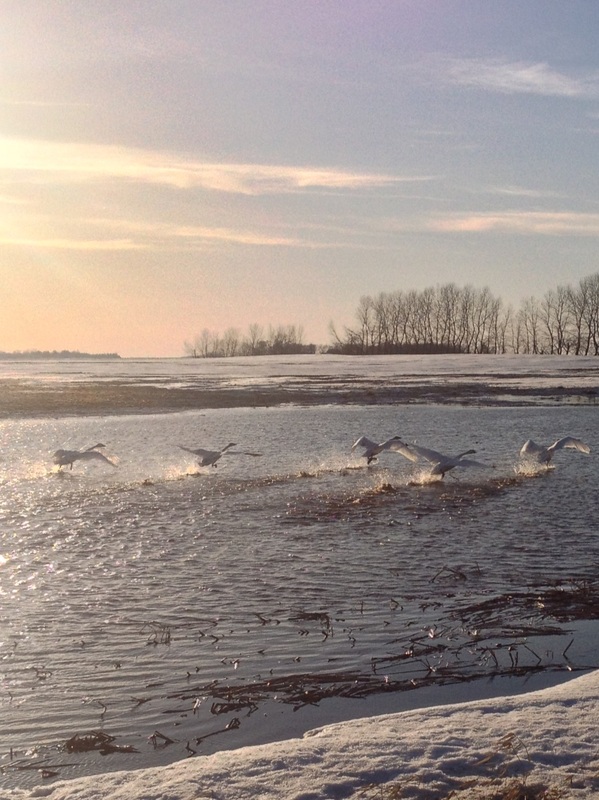
 RSS Feed
RSS Feed